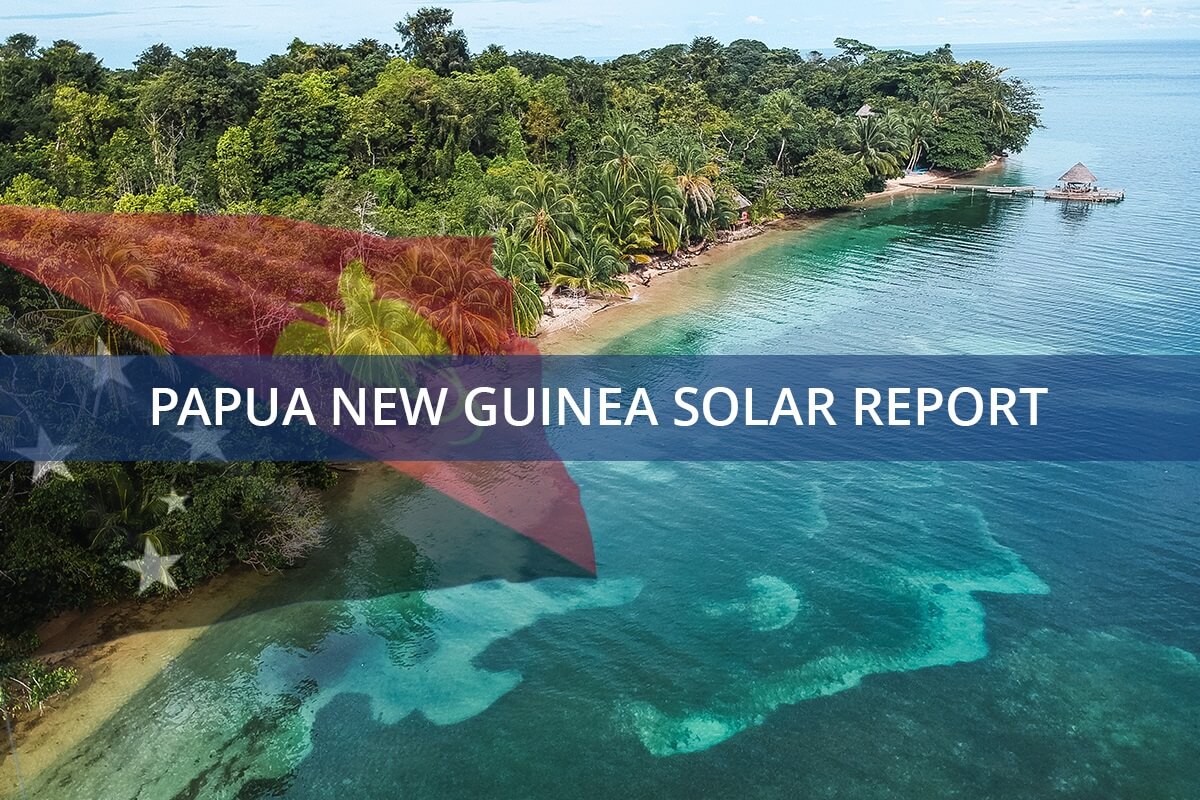Papua New Guinea (PNG) is advancing towards its goal of providing 70% of the population with electricity by 2030, following a meeting between the PNG Electrification Partnership (PEP) and PNG Power Limited (PPL). This ambitious target, as highlighted in resources like PNG solar electrification: Powerful Impact by 2030 – PVknowhow.com, signifies a substantial increase from the current 13% electrification rate.
PNG Solar Electrification: PEP Meeting Outcomes
The PNG Electrification Partnership (PEP) — comprising the governments of PNG, Australia, Japan, the United States, and New Zealand — recently convened in Port Moresby. The meeting, led by the Minister for State Enterprises, Sasindran Muthuvel, and PNG Power Ltd’s Managing Director, Tony Koiri, brought together key stakeholders. Representatives from the partner governments, the International Finance Corporation (IFC), the Asian Development Bank (ADB), and the World Bank were also in attendance.
Minister Muthuvel emphasized the importance of collaboration for the PEP’s success, citing the partnership’s oversight of various infrastructure and power generation projects. These include the Ramu Grid expansion, which aims to improve transmission capacity and reliability, and the development of the Baiune and Ramazon mini-grids, extending electricity access to more remote communities. “We have the opportunity to make a significant difference in the lives of the people of Papua New Guinea,” Muthuvel stated. “This is what the PNG Electrification Partnership is all about — delivering improvements in the lives of our people.”
Partnership Projects for PNG Solar Electrification
The PEP is supporting several critical projects, including the Naoro Brown Hydro Power Project and the Ramu 2 Hydro Power Project in Morobe Province. These hydropower initiatives aim to leverage PNG’s natural resources to generate clean and sustainable energy. Furthermore, the partnership is developing solar mini-grids in Rigo, Central Province, and working on the Port Moresby Power Grid Project to enhance the capital’s electricity infrastructure. These projects, funded through grants and loans from partner governments and international financial institutions, are designed to provide reliable and affordable electricity to underserved communities. As detailed in articles like Aptech Africa Expands Solar Access in Rural Papua New Guinea, solar mini-grids are playing a crucial role in extending access in rural areas.
PNG Power Limited (PPL) and PNG Solar Electrification
PNG Power Limited (PPL), the state-owned enterprise responsible for electricity generation, transmission, and distribution, has faced challenges related to financial stability and aging infrastructure. The PEP has provided crucial support to PPL, facilitating operational improvements, network expansion, and technology transfer from partner countries. This collaboration is essential for modernizing PNG’s power sector and ensuring its long-term sustainability.
The PEP’s support has enabled PPL to connect thousands of households to the electricity grid, bringing power to schools, health clinics, and businesses, particularly in rural areas. Moreover, the partnership promotes renewable energy sources like solar, hydro, and biomass, reducing PNG’s reliance on expensive and environmentally damaging diesel generators. Information regarding the existing solar capacity in PNG can be found at Papua New Guinea Solar Panel Manufacturing – PVKnowhow.
PNG Solar Electrification: 70% Target by 2030
The 70% electrification target by 2030 is a key component of PNG’s Development Strategic Plan, which ultimately aims for universal access by 2050. While ambitious, the PEP’s progress demonstrates the potential of international cooperation to drive development. This partnership is crucial for PNG’s future, laying the foundation for economic growth and improved living standards for its citizens.

